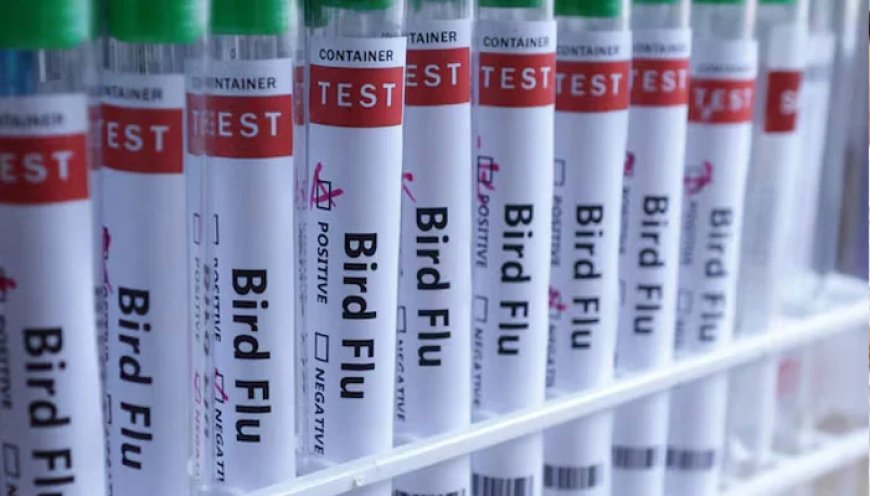CDC identifies virus mutations in first critical US bird flu case

1. One of the mutations was also seen in another severe case from British Columbia, Canada
The U.S. Centers for Disease Control and Prevention (CDC) reported on Thursday that its analysis of samples from the first severe bird flu case in the country revealed mutations not found in samples from an infected backyard flock on the patient's property.
The patient, a Louisiana resident over the age of 65, was diagnosed last week with a severe respiratory illness linked to the virus.
The patient was infected with the D1.1 genotype of the virus, recently detected in wild birds and poultry in the U.S., rather than the B3.13 genotype, which has been found in dairy cows, humans, and poultry in various states.
The CDC noted that the identified mutations are in the hemagglutinin (HA) gene, which plays a key role in the virus's ability to attach to host cells.
Despite these findings, the CDC reassured the public that the overall risk from the outbreak remains low.
While the mutations are rare, they have been reported in other countries, typically in cases of severe infection. One of the mutations was also observed in another severe case in British Columbia, Canada.
The CDC confirmed that no transmission from the Louisiana patient to others has been identified.

















































